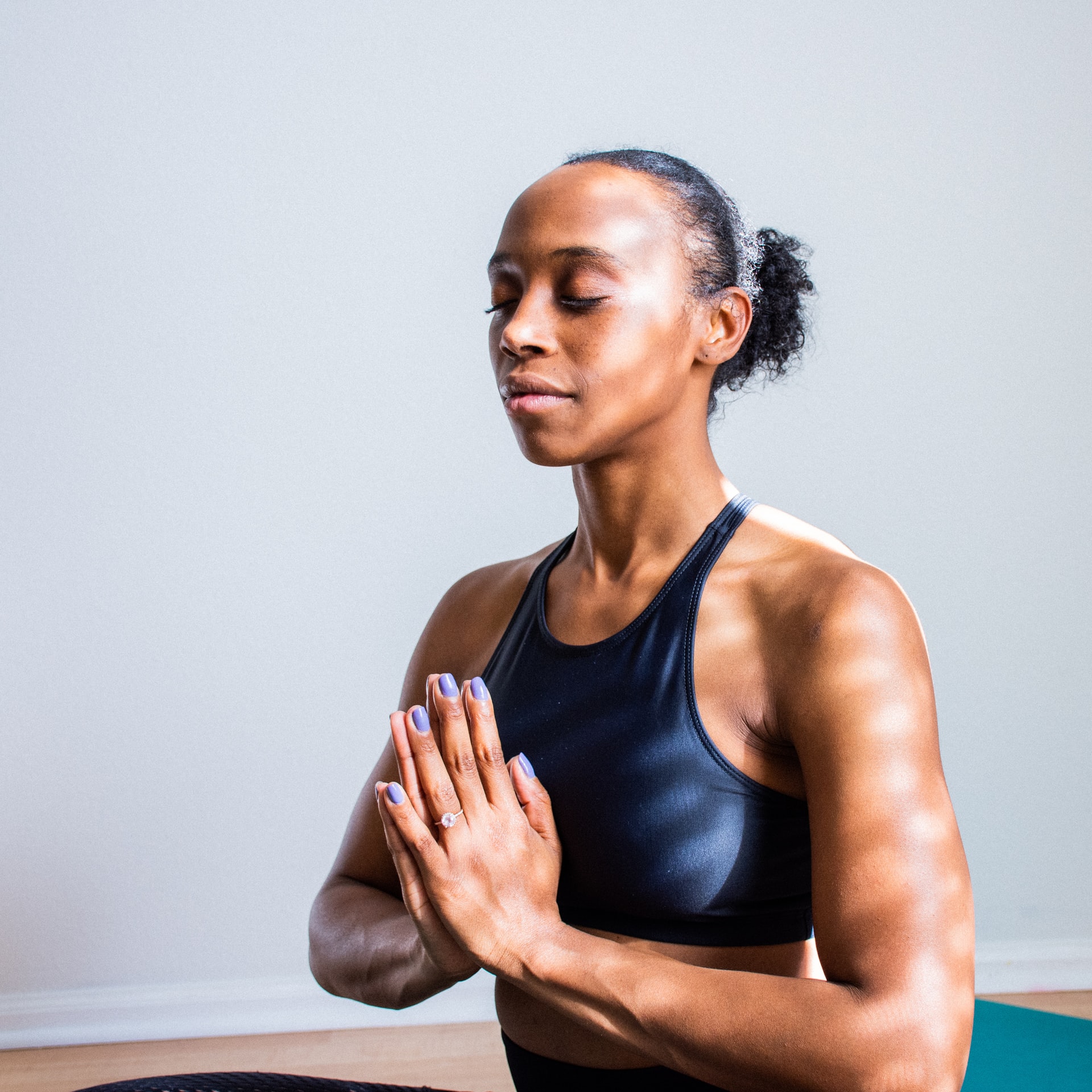Mindfulness means non- judgemental awareness.
Professor Mark Williams defines mindfulness as a direct knowing of what is going on inside and outside ourselves , moment by moment.
The aim, according to James Baraz, is to be aware of what’s happening right now without wishing it were different . Enjoying the pleasant without holding on when it changes (which it will). Being with the unpleasant without fearing it will always be this way (which it won’t)
‘It’s a way of living life as if it really mattered’
– Jon Kabat-Zinn
Jon Kabat-Zinn, PhD, is the MIT graduate who brought the practice of mindfulness to medicine.
Dr Kabat- Zinn is the founder of the MBSR program ( mindfulness based stress reduction ) which has demonstrated evidence – based clinical benefit in all sorts of chronic illnesses . There are cited improvements in hypertension, diabetes , breast and prostate cancer, and psoriatic rashes.
By practising mindfulness techniques daily for eight weeks, one can boost the immune system, and alter the severity and course of disease
Mindfulness must be practiced.
By practising awareness each day we are exercising our attention , like a muscle.
Watch the underlying Neuroscience of mindfulness – how we can train our neural networks – in this short clip below

‘Be Here Now’ – Ram Dass
You don’t have to sit on the floor to meditate – mindfulness meditation can be practiced anywhere in any position- as long as the mind is brought to the present moment – to be aware, alert and non – judgemental toward ourselves and towards others
Here are some easy to practice, basic tools
Breathing
Dr Andrew Weil’s 478 breath . Close your mouth. Breathe in through your nose to a count of 4, Hold the breath in to a count of 7. Open your lips and forcefully exhale through your mouth to a count of 8.
Four breath cycles twice a day.
Speaking
Be mindful of your words. Ask yourself ‘Is it true, is it necessary, is it kind’?
Concentrate on listening and engaging rather than thinking about what you are going to say next
Stay in the moment
Eating
Look at your food. Give a thought to the person who prepared it for you, and give thanks that you have something to eat. Put a little in your mouth, and hold it there, concentrating on the sensation of the feeling on your tongue – the temperature, the shape, the taste.
Bring Purpose
Be Mindful of your purpose in whatever activity you are doing . whether its speaking, eating , doing housework, touching, smelling or working – focus on the present moment, and become an astute observer of the present.
